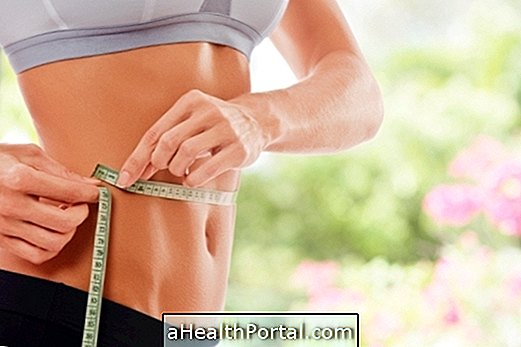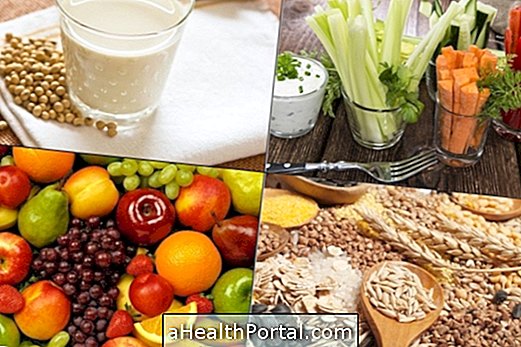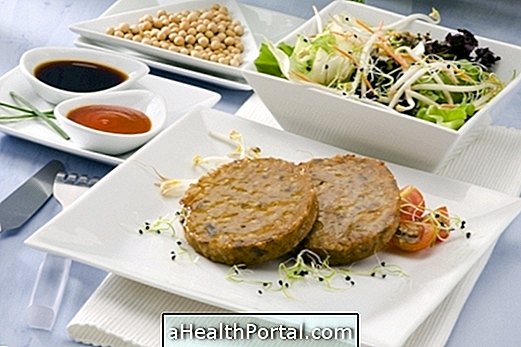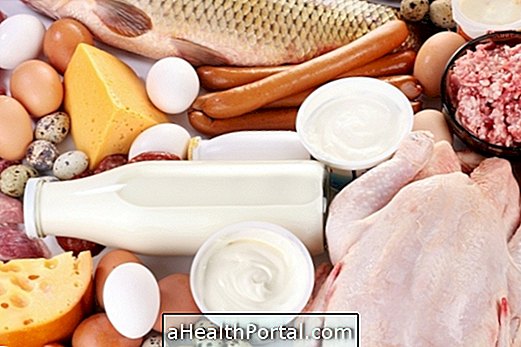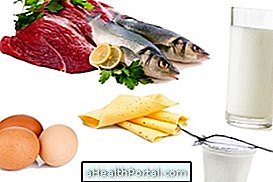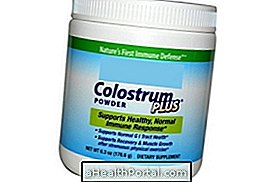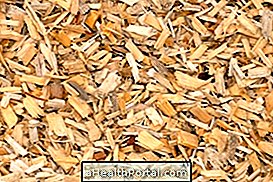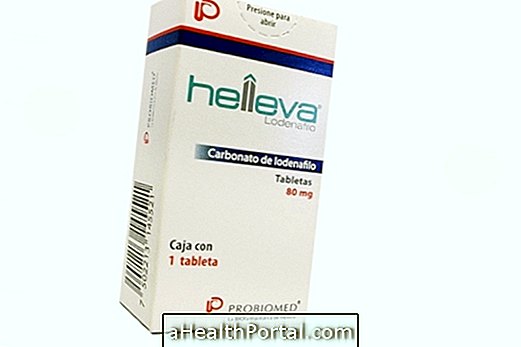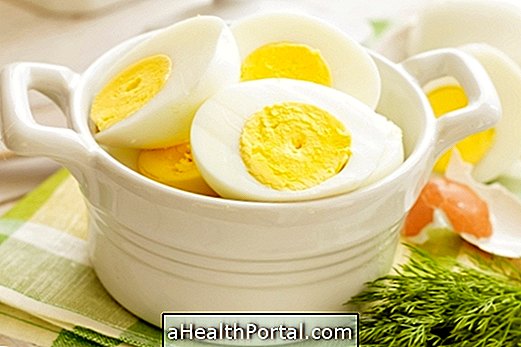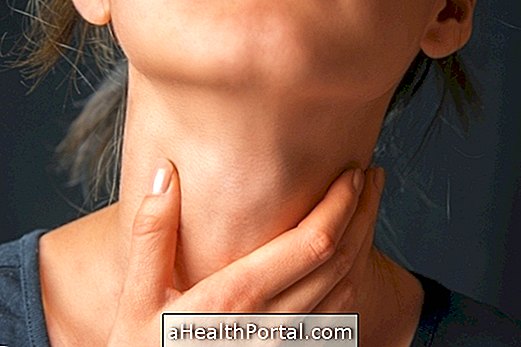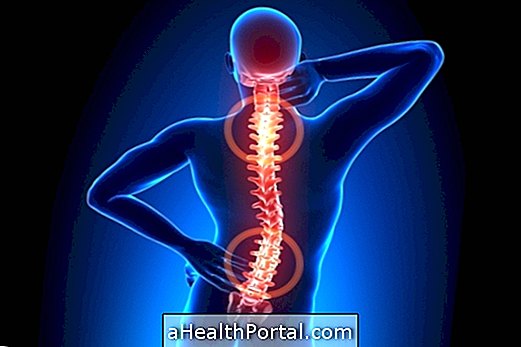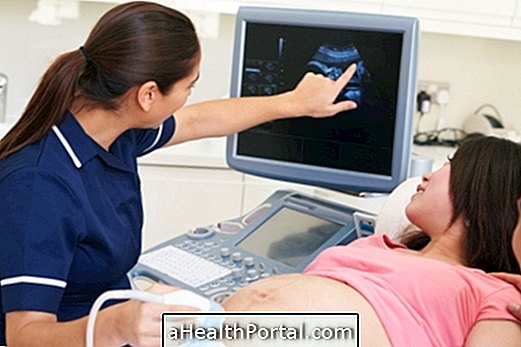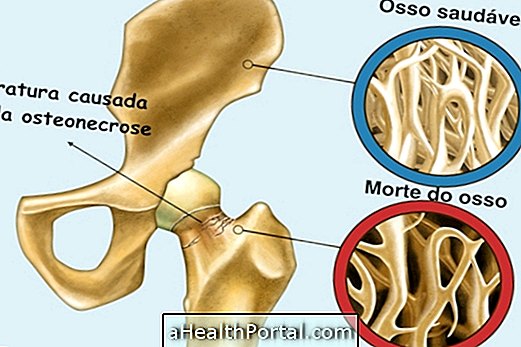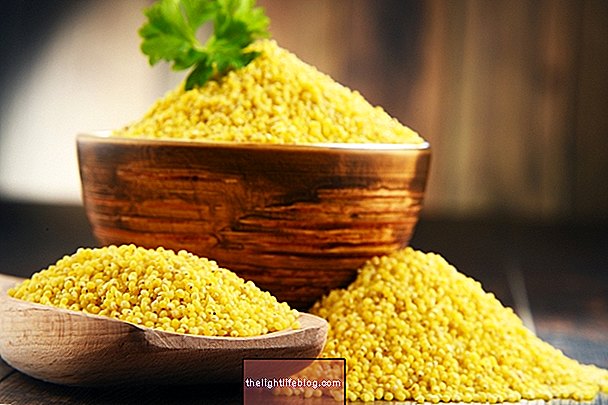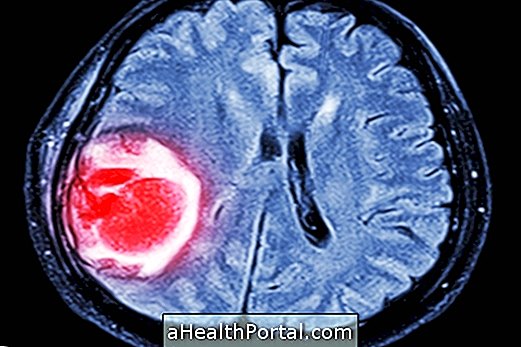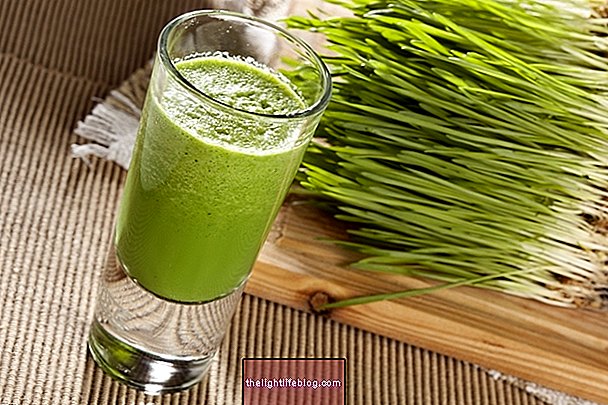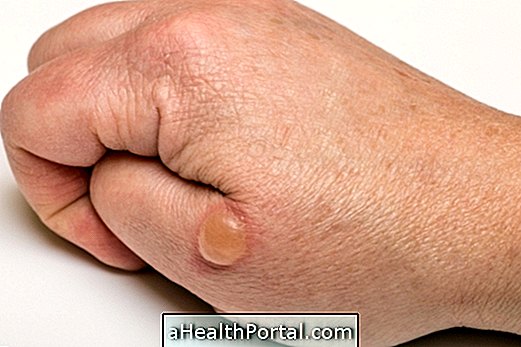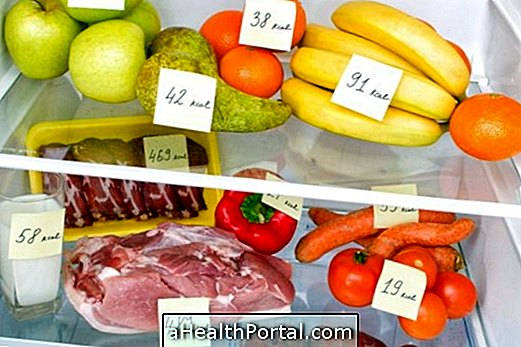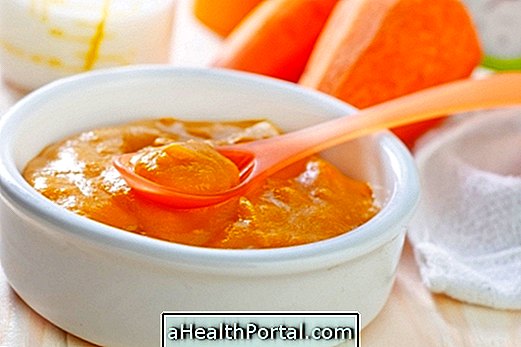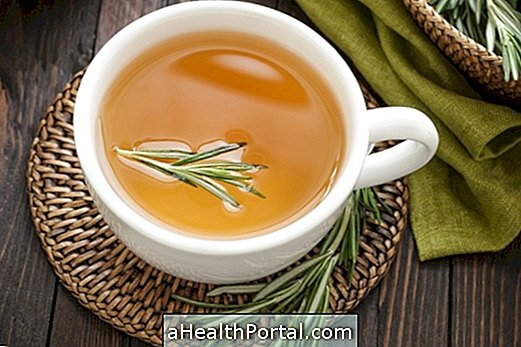The child who practices physical activity should maintain a diet rich in carbohydrates and proteins, to have energy and grow in a healthy way, should eat daily, bread, meat and milk, for example. In addition, it is crucial to eat vegetables and fruit every day and drink water throughout the day.
The practice of exercise during childhood is of extreme importance as it contributes to the growth of muscles and bones and helps to maintain adequate body weight, avoiding complications that derive from the sedentary lifestyle, such as obesity.
In this way, in addition to playing in the school playground, children should practice a sport such as skating or basketball for 60 minutes a day.
Active child feeding
The active child, who plays in the garden, runs in the school playground or does some sport such as swimming or soccer, for example, should consume:
- Foods rich in carbohydrates at all meals, such as bread, cereals, rice and pasta, for example, to provide energy. Know the foods in: Foods rich in Carbohydrates.
- Eat foods rich in protein especially after physical activity such as chicken, egg, milk or yogurt.
- Eat at least 2 fruits a day, which is rich in vitamins and prevents infections, especially before practicing physical activity or as a dessert;
- Eat vegetables every day, eating soup at lunch and dinner;
- Drink water throughout the day as it moisturizes and helps regulate body temperature. However, the child who does sport should drink up to 15 min before exercising water and during the run, every 15 min, between 120 and 300 ml.
Children who are active and active exercise spend more energy than those who do not do activity and therefore need to consume more calories, approximately 2, 000 calories daily, which should be divided over at least 6 meals a day, not should spend more than 3.5 hours without eating, so as to maintain energy and good school performance.
Food menu for the child who practices physical activity
The following is an example of a one-day menu for the child who is active.
| Breakfast (8h) | Milk, 1 bread with jelly and 1 fruit |
| Collation ( 10.30h ) | 250 ml of strawberry vitamin and 1 handful of almonds |
| Lunch (13h) | pasta with meat, with salad and gelatine |
| Afternoon snack (16h) | Vanilla pudding |
| Snack before sports (6pm) | 2 toast with turkey ham and 1 fruit |
| Dinner (8.30pm) | rice, beans, cooked chicken and vegetables |
| Supper (22h) | 1 natural yogurt |
Frying, soft drinks, cookies and cakes should not be consumed regularly, and should never be an option before physical activity, as they lead to feeling full stomach causing discomfort.
